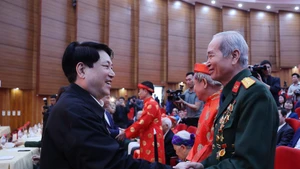By sharing international and regional experiences and best practices, the workshop served as a forum to discuss strategic measures to improve justice for minors and to develop an outline for a comprehensive child justice law.
The ideas and recommendations of experts and participants are important contributions for the Supreme People’s Court, to consider and propose to the National Assembly Standing Committee, to include the juvenile justice law project in the 2023 Law and Ordinance Development Programme, said Chief Justice of the Supreme People's Court of Vietnam Nguyen Hoa Binh.
In recent years, the Government of Vietnam has made considerable effort to reform legislation about justice for minors. However, special handling measures for minors in conflict with the law are still scattered across the Penal Code, Criminal Procedure Code, and Law on Handling of Administrative Violations. This results in fragmentation and challenges in ensuring coherent, effective and efficient implementation.
“UNICEF is fully engaged with this significant step toward a comprehensive Law on Justice for Minors. We applaud the adoption of a holistic approach to introduce strategic changes for increased access to justice for all minors in conflict with the law, as well as victims and witnesses of crime.”, said Lesley Miller, UNICEF Deputy Representative in Vietnam.
Recognising the unique vulnerabilities of minors, the Convention on the Rights of the Child requires the establishment of a separate system with a specialized approach when working with minors in conflict with the law. Central to such a system is having a comprehensive law on justice for minors, as many countries have adopted, including most ASEAN countries.
International keynote speakers, experts from relevant committees of the National Assembly, line ministries, professional and mass organisations, supreme and provincial courts, and development agencies participated in this workshop.
Issues discussed included the need for effective inter-agency collaboration and coordination; child- and gender-sensitive handling of minors; a coherent continuum of sanctions and measures; the role of social workers in all stages of the child justice procedures; and the development of social welfare services for community-based rehabilitation of minors.
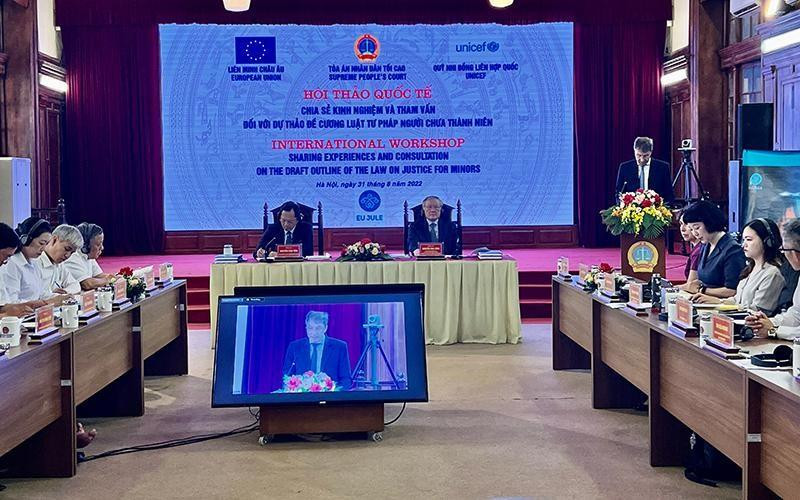
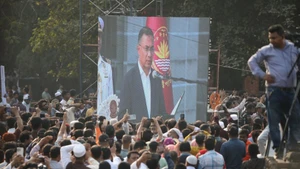
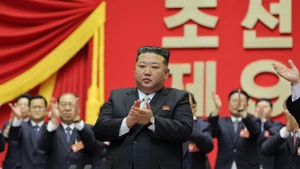
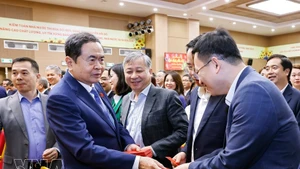
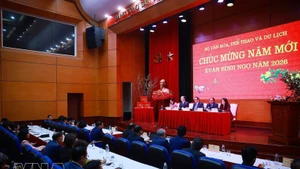
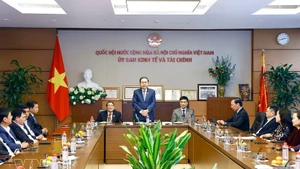
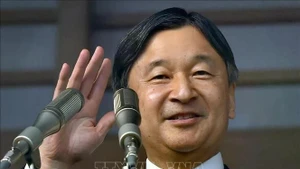

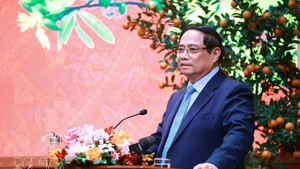
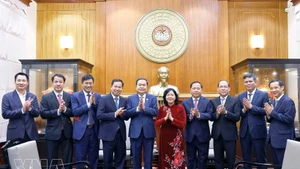
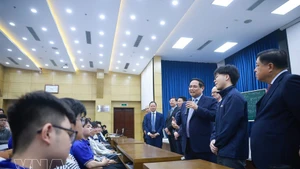
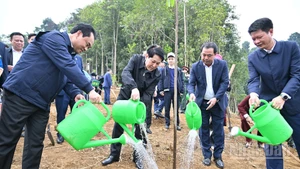
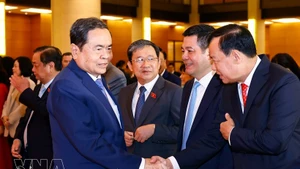
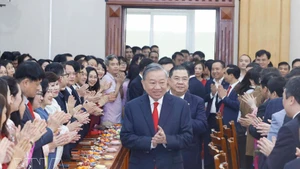
![[In Photos] State President attends launch ceremony of tree planting festival in Lao Cai Province](https://en-cdn.nhandan.vn/images/5992a12dd6e78b9bfb434962ff1830731c3ef6c1538d722fbb2593b0fa31ecfef49228c53032d69e7064fd34994bdd2c/1.jpg.webp)
